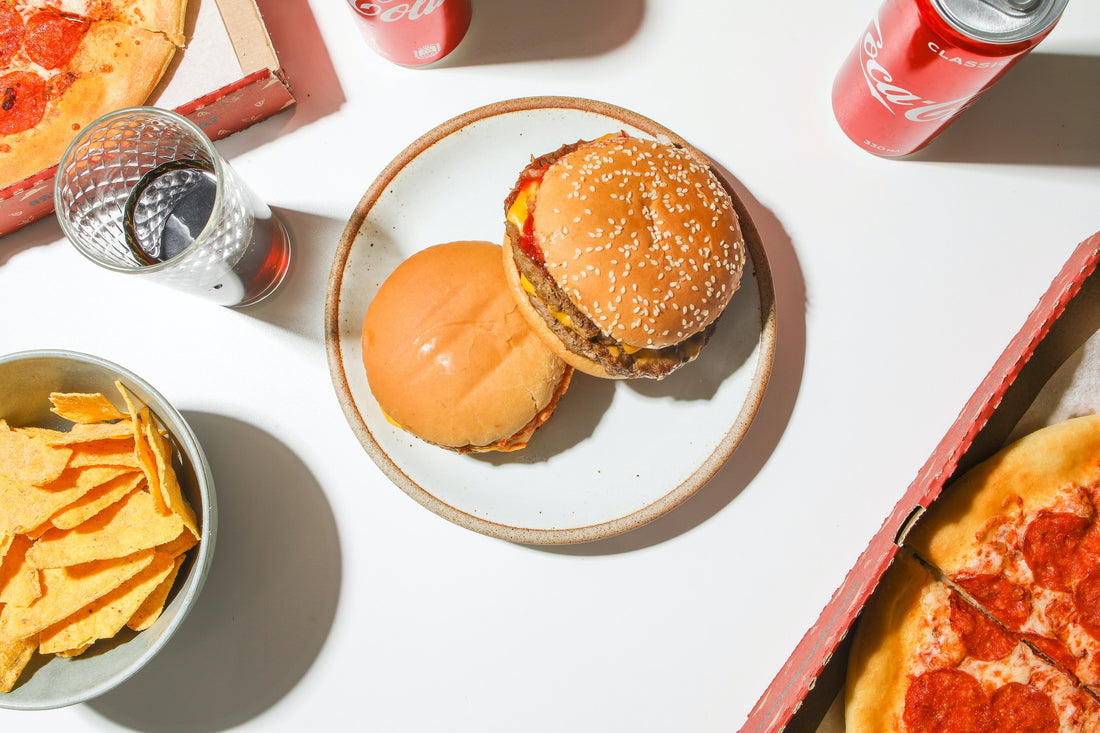What is really in your food?
What are synthetic food additives?
Food additives are simply substances added to foods to enhance its flavor or appearance, or may be added to help preserve the food. They can also be anything that comes into contact with foods. They can also be anything that comes into contact with all foods. Additives can be traced back to the early Greeks and Chinese who used certain methods and commonly used agents in their food preparations. Some well known examples of these substances include salt for preserving meats, resins added to preserve wine, and pectin extracted from fruits to stabilize and as a gelling agent in certain foods.

Let's break it down.
Many people see food additives and automatically assume the worst. However, that is not always the case. We unknowingly use these additives in many products we consume daily. Without food additives we would not have raising agents in bread, a way to store food for longer periods of time, or the ability to experience food outside of our local area. The important thing to remember when evaluating a food additive is the dose that is considered toxic, acceptable daily intake (ADI), and if it is regulated safe for human consumption.

FDA Banned Synthetic Food Additives:
The FDA announced on October 9th, 2018, that the following synthetic food additives would be no longer available to consumers. The additives listed below are following a "zero-tolerance" policy and will be banned from commonly consumed foods.
Newly Banned Synthetic Additives:
Benzophenone, Pulegone, Eugendyl Methyl Ether, Myrcene, Ethyl Acrylate, Pyridine
Curious about GMOs? Is it always better to buy Organic?
Click HERE to find out!
Resource: Federal Register: Food Additive Regulations; Synthetic Flavoring Agent Adjuvants

